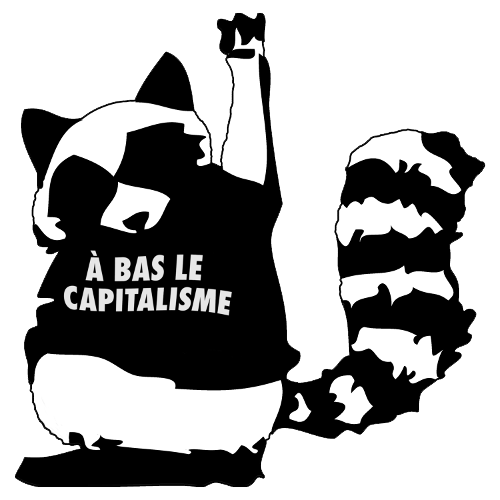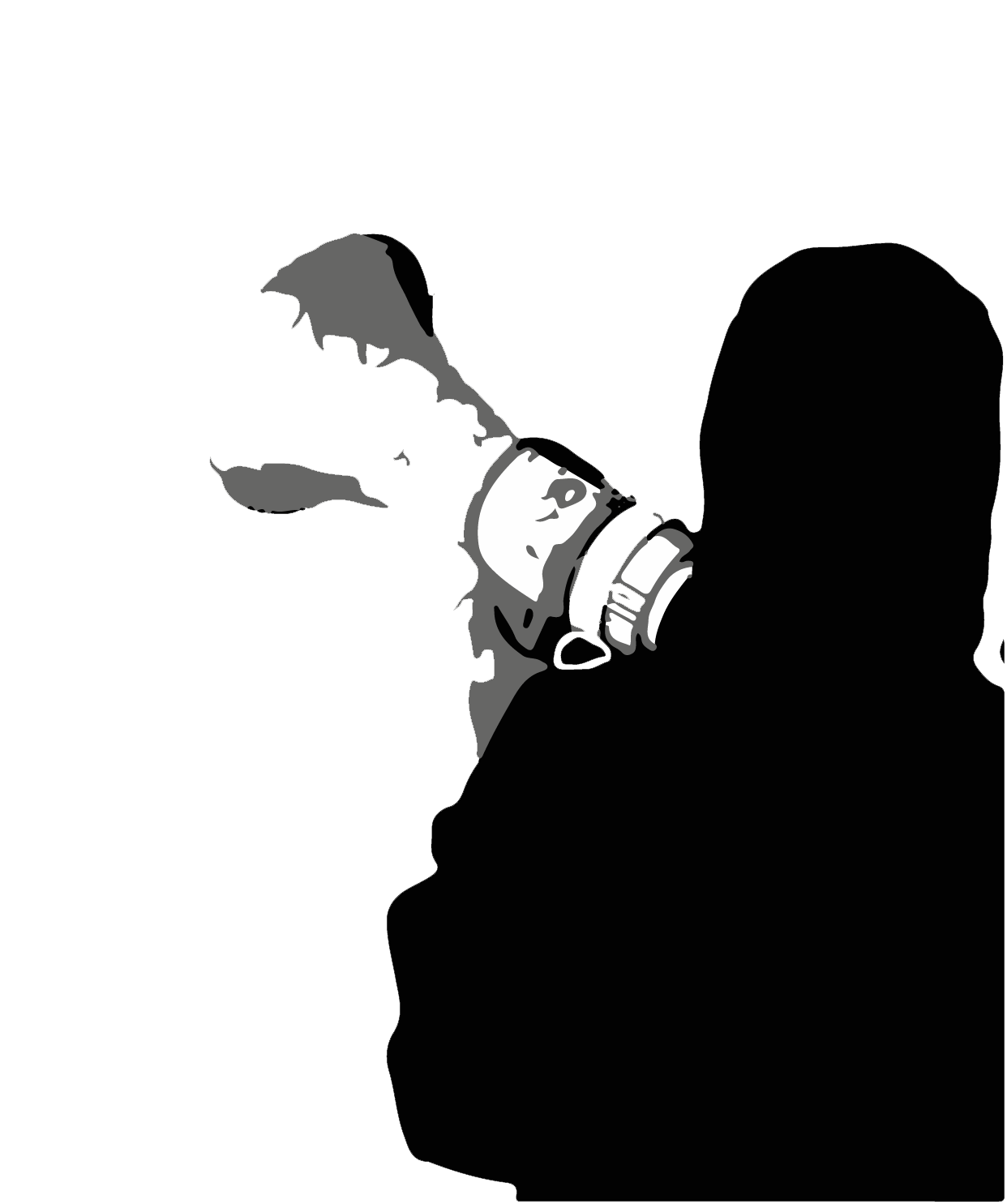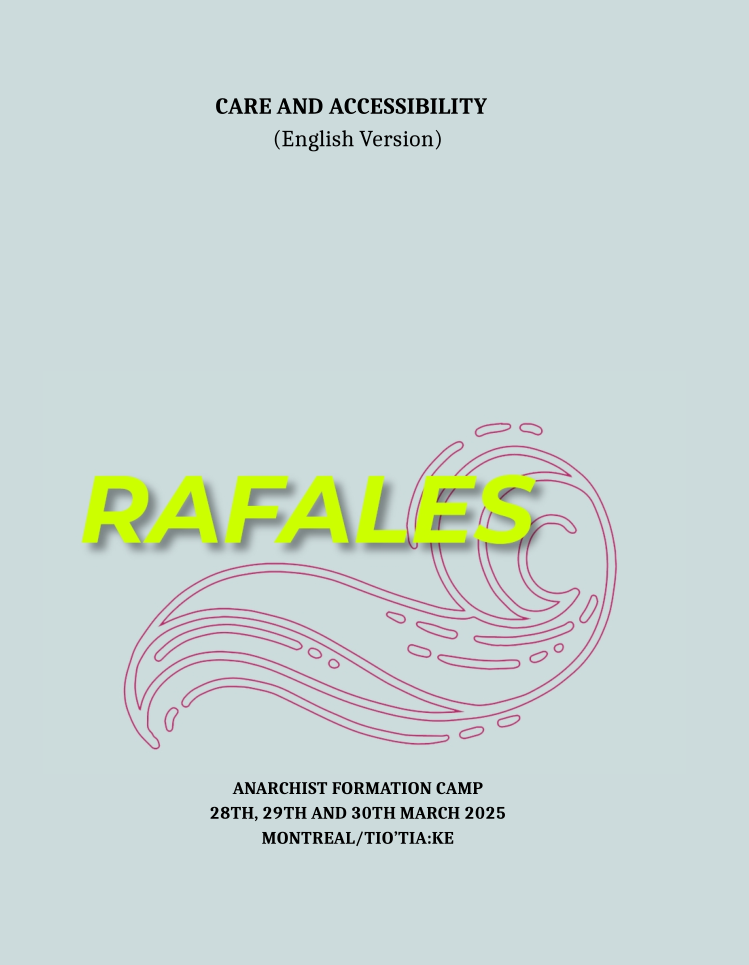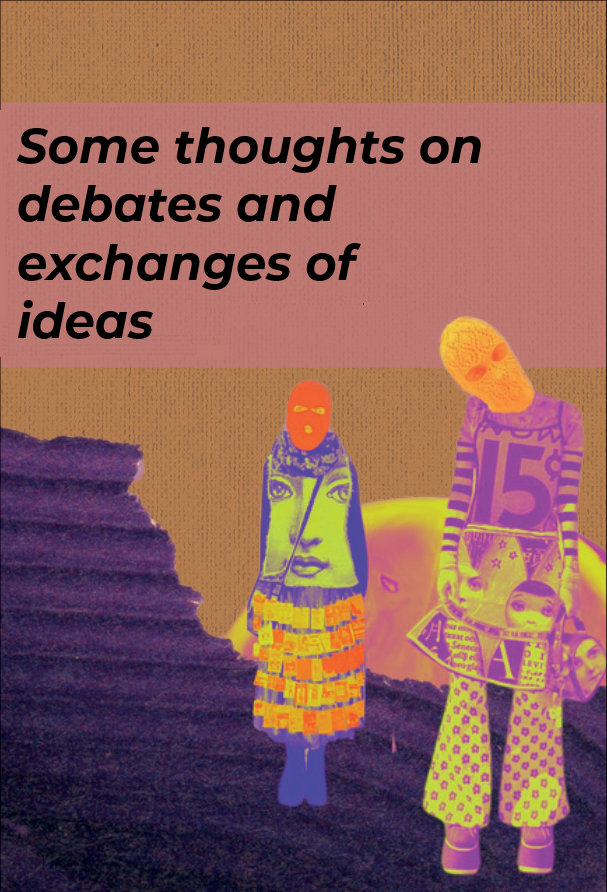RAFALES
AN ANARCHIST LEARNING CAMP
March 28, 29 & 30th 2025
At Comité Social Centre-Sud (1710 Beaudry street, Montreal)
The Revolutionary Anarchist Organization presents
RAFALES
Two days of theoretical and practical training in the form of panels and workshops with speakers, authors and activists from Montreal and elsewhere on anarchism, struggles against domination, revolutionary and anti-authoritarian issues and collective autonomy.
RAFALES is totally free and open to all. No need to register! To help defray the many costs of the training camp, we’ll be encouraging voluntary contributions. There will also be books, zines and militant material for sale or available for free!
Why an anarchist training camp?
At a time when fascism is on the rise worldwide, genocides are being ignored, climate change is upon us and popular movements are being increasingly repressed, anarchism offers pertinent analyses of the many crises affecting our lives. Capitalism, racism, colonialism, oppression, domination, exploitation: the anarchist vision offers alternatives and proposes not only the destruction of the old world, but even more the creation and experimentation of new ways of doing and living.
Anarchists, their ideas, struggles and victories have often been erased from history books and political discourses. As activists, a good understanding of past and present theories, tendencies and movements means we’re better equipped in our actions and our struggles. RAFALES is for everyone: we’ll be talking about basic principles, concepts and trends in anarchism, as well as concrete issues in today’s revolutionary milieu, deep dive in specific topics, strategies for struggle and building strong, autonomous communities.
Getting out of the cold of winter, let’s get together to learn, share and get our ideas off the ground. We’ve got a lot to learn from each other, and between putting out fires all over the place and day-to-day survival, we don’t always have time to sit down, exchange ideas and reflect collectively. We propose to take the time to listen to each other and share our political and activist knowledge and know-how outside academic institutions, in a setting that aims to be accessible and that puts forward pedagogical practices toward a collective liberation.
Follow ORA’s social medias to stay in the loop, and don’t hesitate to contact us at rafales@ora-rao.org for more details or if you need housing for the weekend!
Until then, see you on the streets!
The Comité Social Centre-Sud
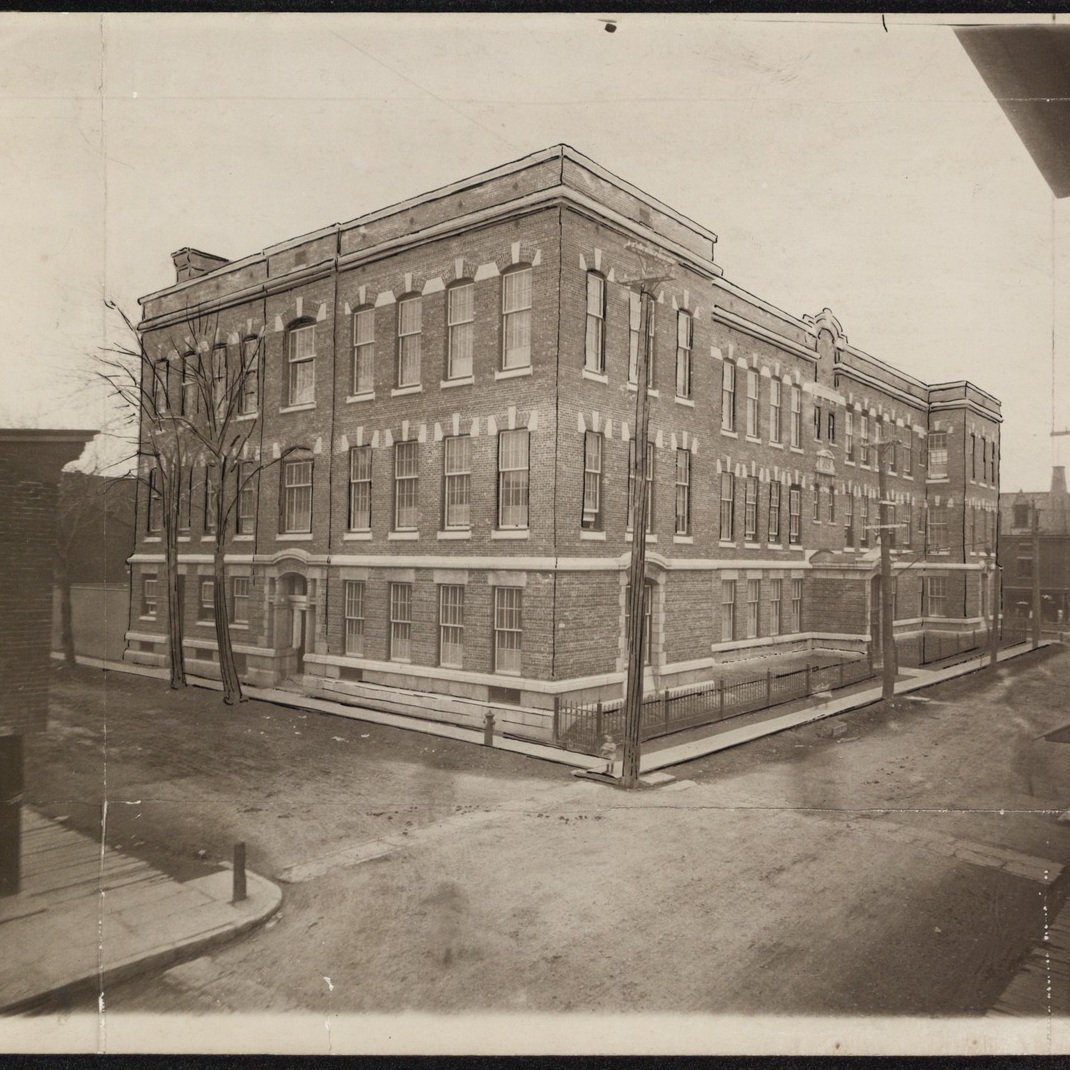
The building of the Comité Social Centre-Sud is situated at 1710 Beaudry street.
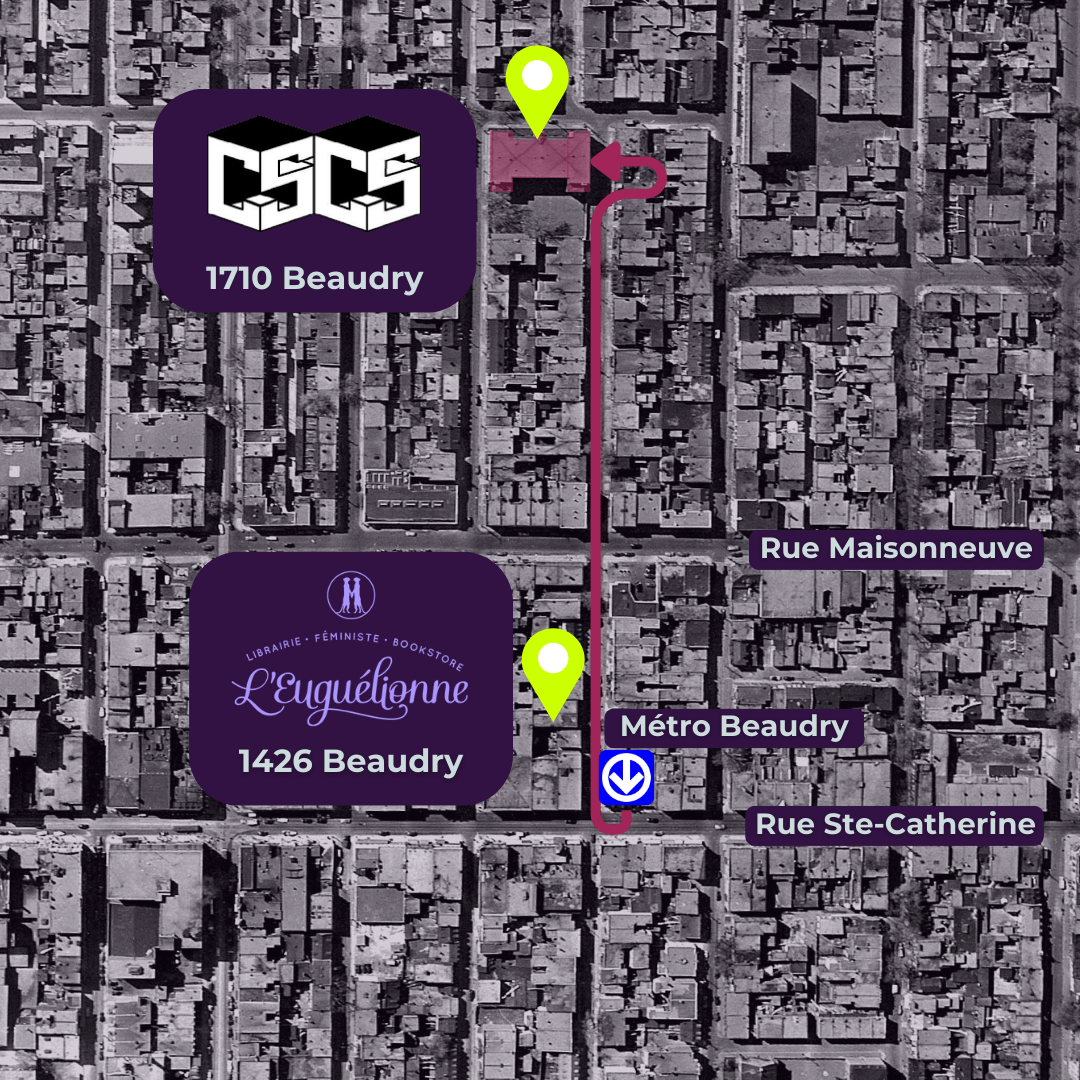
How to get to 1710 Beaudry Street from the Beaudry metro station.
Details and accessibility
The learning camp will take place over two days, with an opening panel on Friday evening. Social activities are planned for Saturday evening, and meals will be offered on the two days, as well as on Sunday evening when the now traditional ORA monthly dinner will be held.
The event will mainly take place in the Comité Social Centre-sud building, located at 1710 Beaudry Street, Montreal. The main room is wheelchair-accessible, but not the ones on the first floor. Masks are strongly recommended inside the rooms and will be available at the entrance. Childcare will be available during the day all weekend. Two workshops aimed at children will also take place on both saturday and sunday from 10am to 11am.
Detailed schedule
Friday march 28th
6pm
Main Hall
Settling in and opening remarks

6:30pm to 9pm
Main Hall
PANEL
State abolition in an anticolonial & internationalist perspective
Opening Panel

Description
From Palestine to Turtle Island, recent years have been eventful in the wake of anti-colonial struggles. With a goal to reflect, update our struggles within solidarity practices, we aim to strengthen a common understanding of the critiques against the colonial state and how it maintains itself.
Drawing from their experiences of political struggle, the panelists will present their different analysis on resistance. Touching on various themes such as internationalism with the global north and strenghtening solidarity in times of increasing state repression. Finally, closing off the panel an open discussion with the audience will allow us to think about possible ways of reorganizing our societies beyond colonial dynamics. The panelists hope to highlight contemporary movements for justice, autonomy, and anti-colonialism.
Panelists
Sleydo’ (Molly Wickham) is the spokesperson for the Gidimt’en checkpoint on Wet’suwet’en territory. She holds the name in Cas Yikh (grizzly house) and has been living on and occupying the territory since 2014 with her husband and children. Gidimt’en checkpoint has been an Indigenous reoccupation site since 2018 which has been raided three times by militarized RCMP, once on January 7th 2019, on February 5th, 2020, and again on November 18th and 19th 2021, as a result of grassroots resistance to the Coastal Gaslink pipeline project which would bring fracked gas from northeastern B.C to an LNG terminal near Kitimat. Sleydo’ has a masters degree in Indigenous Governance from the University of Victoria and is heavily involved in the Wet’suwet’en clan governance system
Leila Celis is member of Projet accompagnement solidarité Colombie and professor of sociology at UQAM.
Zoya is one of the many organizers in the pro-Palestine encampment movement. Their work as an organizer has given them an analytical analysis on what it means to be committed to active struggle with the imperial core, while also having a deep understanding of surviving and resisting political repression.
Ayo Awujoola and Russell Johnson are activists and members of Socialist Unity, an organization that promotes strategic discussion and unity in practice on the far left. The ultimate goal of Socialist Unity is to overcome the organizational fragmentation of the far left and build a mass movement capable of overthrowing capitalism.
Saturday march 29th
9:30am
Main Hall
Doors open
10am to 11am
Art & Crafts Room
Workshop for children
French only
10am to 12:30pm
Main Hall
History of anarchist struggles parts 1 & 2: from the Commune to the 90's
Description
The first part of the workshop will focus on the origins of anarchist ideologies. We’ll start by looking at the different forms that the quest for emancipation and resistance to the state have taken throughout history, and we’ll reflect together on how we can assimilate these different movements into an anarchist ideology that didn’t yet exist in a way we could recognize. We’ll then look at the beginnings of the ideological consolidation of anarchism during the era of revolutions (1789-1848), followed by the rise of an anarchist movement which, in the second half of the 19th century, would definitively distinguish itself from socialism, and be marked by both its establishment among the masses and its propaganda of the deed.
Finally, we’ll look at the impact of the two world wars, the totalitarian state and the prosperity of the “glorious thirties” on anarchist movements heading towards the international revolts of the late 60s, from which they emerged transformed.
The second part will look at the history of autonomy in the 70s and 80s and current anarchist perspectives on these movements. We’ll look at the history of the radicalization of the extra-parliamentary left after 1968 to better understand the paths taken by social movements in recent decades. The aim is also to nourish anarchist practices and reflections by taking note of the successes, but above all the failures, of comrades of the time.
10am to 12:30pm
At l’Euguelionne feminist library (1426 Beaudry)
Discussion on literature & anarchism
Description
The workshop-discussion will explore the links between works of fiction – in particular, science fiction – and anarchist practice and theory, in terms of both content and form. Discussions will be structured around broad themes, which means no prior reading is required, and you’ll be able to draw inspiration from all sorts of stories you know!
The workshop format is quite flexible; the aim is to share thoughts and take them elsewhere with a semi-directed discussion. In short, we’ll ask each other questions, listen to each other and respond, sharing turns with our anarchist principles!
In particular, we’ll look at the concepts of dystopia and utopia and how they shape our revolutionary imaginations. We’ll look at the kinds of character relationships put forward in certain works, and how they interrogate forms of oppression, criticize political systems and think about community building. We’ll also talk about subversive narrative structures that challenge norms and open doors to new ideas. Finally, through these exchanges, we hope to come up with a common definition of what might characterize an anarchist literature to reclaim our stories!
12:30pm
Main Hall
Collective lunch break
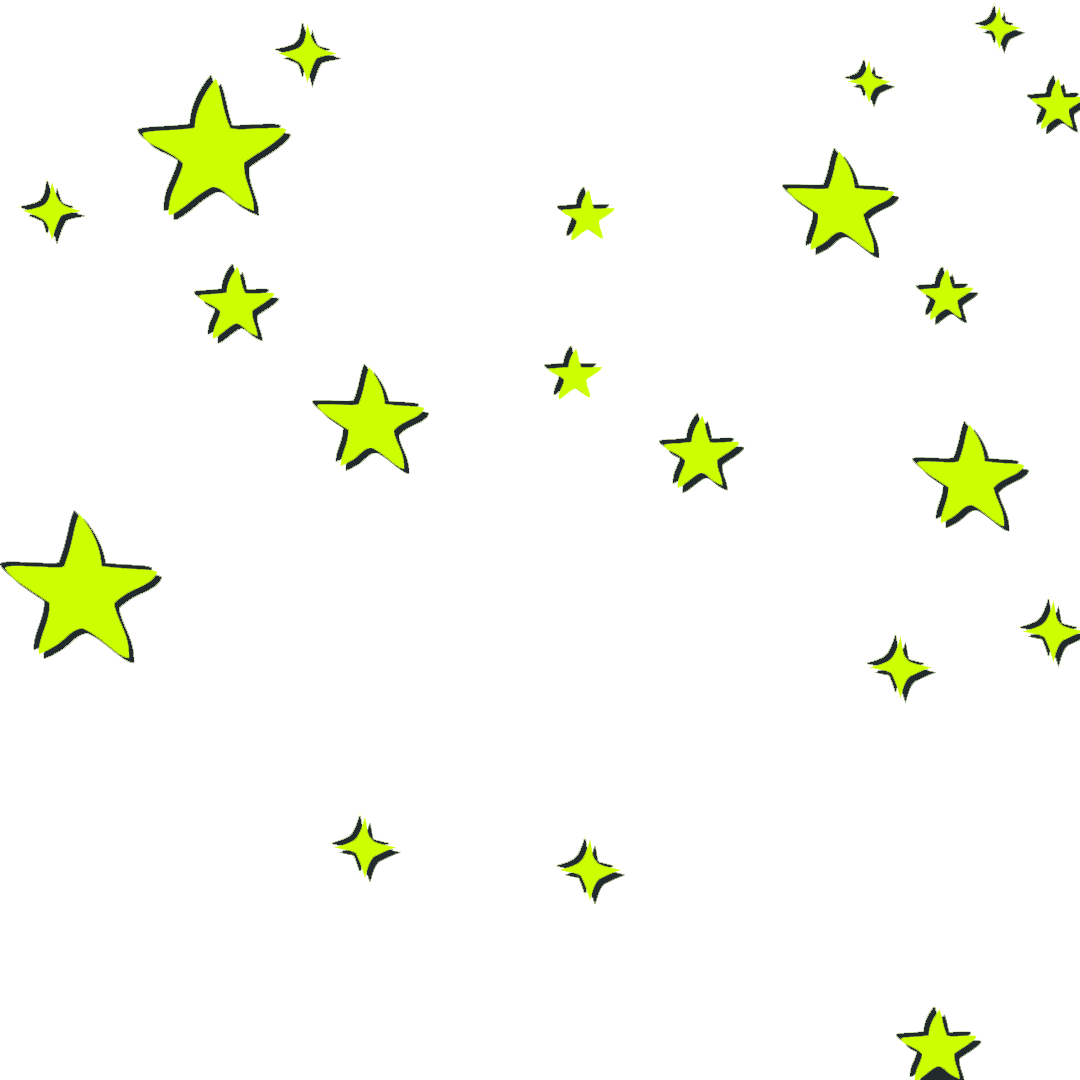
1:30pm to 4pm
Affinity Room
From anarchism to post-anarchism
Rupture or continuity?
Description
In the 60s and 70s, French philosophers exploded the usual models by proposing original avenues. They were, somewhat abusively, grouped together under the name of French theory. These new avenues of reflection have left their mark on American thought from the 1980s to the present day.
In this workshop, we’ll see whether this so-called postmodern thinking, which has nourished and been nourished by anarchism, is truly a new approach, or whether it’s simply the continuation of a living, dynamic anarchism.
1:30pm to 3pm
Main Hall
Philosophical principles & fondamental concepts of anarchism
Description
Workshop on the foundations of anarchism: presentation and discussion of the main ideas driving anarchist movements, mainly in the European tradition (19th century and beyond). Among other things, we’ll look at how anarchists truly embody the values of “liberty, equality and solidarity” that liberal-republicans claim for themselves.
The workshop is led by Francis Dupuis-Déri, professor of political science at UQAM and author of several books on anarchism, who has been and is active in anarchist collectives in Quebec and France.
3:30pm to 5pm
Main Hall
Collective discussion on anarchism & its meanings
Description
description coming soon
5pm
Main Hall
Dinner

5:30pm to 7:30pm
Main Hall
PANEL
Mutual aid: taking care of each other, without & against the state

Description
Mutual aid is one of the pillars of anarchism. Activists have long been organizing in parallel with institutions, their charities and their carceral social services. Rooted in principles of direct action, cooperation and solidarity, mutual aid enables us not only to meet our own needs and those of our communities, but also to build a collective power to render that of the state obsolete. By pooling resources and sharing know-how, we implement intentional and political solidarity practices that help create stronger, more resilient communities.
In the current context of growing precariousness and the rise of the far right, it’s going to get harder and harder in so-called Quebec to house and feed ourselves, get healthcare and get hormones. It’s crucial that we think together about other ways of helping each other, often without and sometimes against the state. With activists organizing in street medic collectives, food sharing, tenants’ union and queer/trans support and self-defense collectives, we’ll discuss the importance of mutual aid today, and share ideas and practices for helping and learning from each other.
Panelists
Shea has experience organizing various mutual aid projects such as free stores and clothing exchanges including ones specialized for queer and trans people. They also organized a Food Not Bombs chapter. They are currently involved in SLAM-MATU in Montreal.
Mags Beall is an organizer in the prefigurative anarchist tradition; she identifies as a queer white femme living in the occupied Dakota and Anishinaabe land currently known as Minneapolis, MN, USA. Since the late 1990s, she has organized against ecological destruction and borders, in (im)migrant solidarity and antifascist work, and more. In addition to her work with North Star Health Collective, she is active in food sovereignty and mutual aid, neighborhood solidarity, and environmental justice struggles. She works in public health and is usually down to take a walk or a bike ride and talk about her love of animals, gardening, chess, books, climbing on walls, and building new worlds.
Skylar Aura Laidman is a Montreal based organizer working for transfeminine liberation. She has been involved with both TRAPs and the Movement for Transfeminism (MTF) for the past 2 years, and is currently part of the mutual aid committee for MTF. She is passionate about finding ways to create lasting initiatives aimed at mutual support and solidarity. MTF is a transfeminine union creating a coalition of people who want to better their material conditions of living. One aspect of their work is the mutual aid initiative, which provides direct aid to transfeminine people in dire situations, as well as funds to build up the capacity of initiatives working liberatory struggles.
Ryan is a collective member of Food Against Fascism, a QPIRG Concordia and QPIRG McGill working group. Composed of anti-racist and anti-fascist community members, FAF serves a healthy meal and distributes solidarity and harm reduction supplies, as well as literature at their weekly distro in Verdun.
Evening
Les Révoltes (2035 St-Laurent Blvd, 2nd floor)
Anarchist Karaoke!

Sunday march 30th
10am to 11am
Art & Crafts Room
Workshop for children
French only
10am to 12:30pm
Main Hall
CIRCLE
On transformative justice
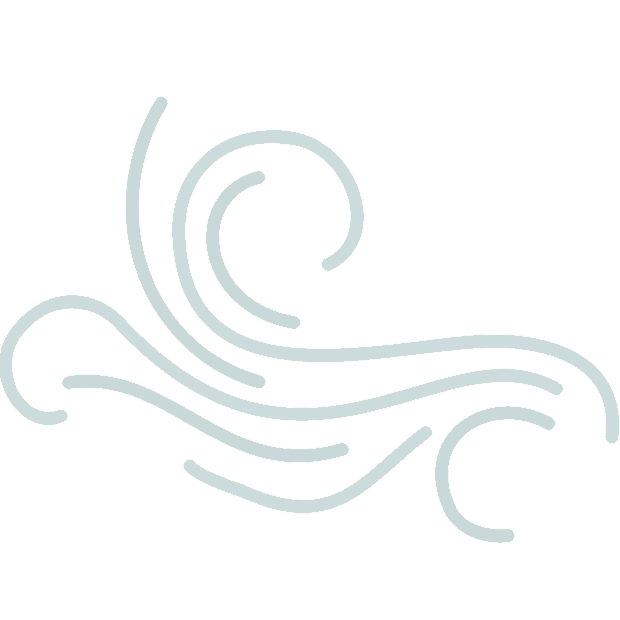
Description
Transformative justice helps us understand different forms of violence and their complex reproduction in our opression-filled societies. It offers us a variety of tools for empowering individuals and communities alike, and proposing forms of reparation for harm done. But above all, these processes enable us to bring about more profound changes in the way we enter into relationships and build common ground, both in terms of prevention and after-care. Like direct actions, we need to see transformative justice as a tool for reshaping society, imagining possibilities, and destroying current systems of punitive justice.
We’ll be looking at the panelists’ approaches, their understanding of transformative justice, and their tools for building, nurturing and empowering our communities. Finally, because we recognize that transformative justice is a process that needs to be (re)invented, we’ll conclude with a critical exchange on its scope and limits in our current contexts.
Panelists
harar is a queer, Black, Jamaican-Canadian multidisciplinary creative and thinker currently living, organizing, and creating in Tiohtià:ke/Montréal. Their work has focused on carving out space for learning, artistic expression and the production of knowledge within the communities that they are a part of. Their community practice is rooted in working towards healing and liberation at both an individual and collective level.
Darling has spent many years learning and unlearning through grief, death and conflict on Turtle Island. They see the tools of transformative justice as essential to shaping, nurturing and developing our relationships and movements in these end times.
Yuli is involved in environmentalist and radical circles and lives in collectives in Montreal Tio’tia:ke. He has been interested in and involved with care, conflict and transformative justice for many years.
Darling and Yuli are part of the Lueurs Collective. Lueurs is a transformative justice collective founded in 2022, with the aim of collectively thinking and equipping ourselves on the question of justice with an abolitionist perspective of police prisons and the colonial justice system. It seeks to spread the tools and knowledge needed to respond to the violence and conflicts that run through artistic, activist and queer communities.
Affinity Room
Strategies for Sustainability
Archiving Anarchist Communities and Movements
Description
This workshop interrogates the foundations of the history of the anarchist movement through archival praxis. We explore archival strategies from two different standpoints; first, an anarchist archive
established through academic institutional means at the University of Victoria and second, an independent archive built upon by volunteer community members at the DIRA Anarchist Library in so-called Montreal.
Delving into the challenges and opportunities brought along by different archival means, we aim to build bridges to mobilize our resources for access to information. Through archives, we may remember the collectives that stood before us, the actions that were undertaken, the spaces occupied, and, also, the repression the anarchist movement has faced. Archival destruction and loss preventing us from having a complete overview of our history, anarchist archival projects strive to keep material to build upon an alternative collective memory and allow us to learn from our past. The workshop will hold space for audience participation and sharing of ideas for sustainable strategies to memory politics.
Speakers:
Allan Antliff is a long-standing anarchist activist who teaches art history at the University of Victoria. Allan is Director of the Anarchist Archive, Special Collections, University of Victoria, and editor-in-chief of the online journal, Anarchist Developments in Cultural Studies.
Volunteers from the DIRA Anarchist Library. Standing strong since 2003, DIRA is operated by a collective of individuals working together to provide free access to information on anarchist theory and struggles
through books, zines, newspapers and other political ephemera. The library holds open hours every week and keeps a collection of archives from the anarchist movement available for consultation.
12:30pm
Main Hall
Collective lunch break

1:30pm to 4pm
Main Hall
PANEL
The abolition of police & prisons
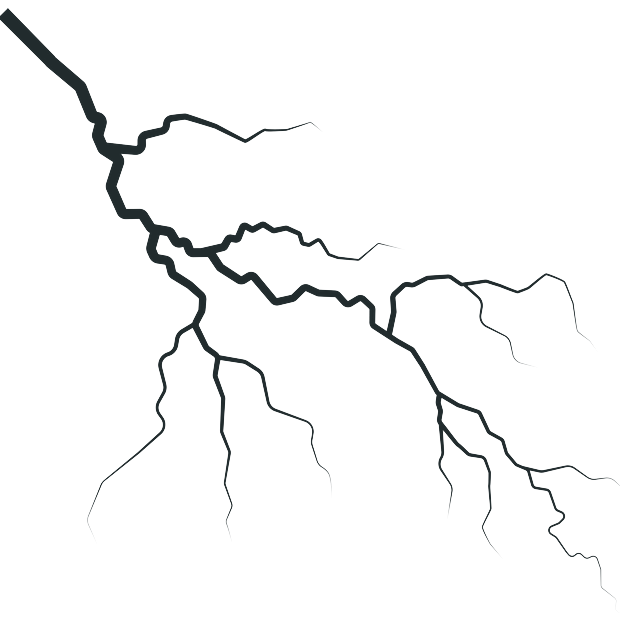
Description
The #BLM and #metoo movements have brought to light a host of forms of violence fuelled and ignored by the state, while revealing tensions and contradictions in relationship with the police and the prison. By confronting carceral solutions to sexual violence, and going further than defunding the police and reforming prisons, we aim to put forward abolitionist perspectives on the entire prison, penal and police system.
From their different perspectives, panelists will talk about the need for abolitionism and how to achieve it. We’ll discuss various experiences of campaigns, pen-pal projects and solidarity with prisoners, direct actions and insurectional moments that enable us to better understand this system and think of another world. We’ll end by engaging the audience in a discussion about the new women’s prison project in Ahunstic, to think about new possibilities for resistance.
Panelists
Cedar is an anarchist who has lived in Hamilton for the last 20 years and who has been involved in struggles against prison on both sides of the walls.
The Sex Work Autonomous Committee (CATS-SWAC) is an autonomous political organization project initiated by SWrs based in Montreal. We advocate for the decriminalization of sex work and the improvement of our working conditions.
Fallon has lived and been involved in various struggles in Tio’Tia: ke, Mooniyang, Montreal for the past fifteen years. For both personal and political reasons, colonialism, the prison world, militant memories and queer identities are central issues in their life.
Marquis Bey is a black nonbinary thinker and writer in the black radical and trans insurgent traditions. They write on abolition, black feminism, and trans theory. They teach classes on abolition, black studies, trans feminism, and black feminism in the Chicago area. Find out more about their writing and speaking at marquisbey.com.
Affinity Room
Taking everthing
Revolutionnary anarchism in Greece, Eastern Europe and Latin America
Description
This discussion is interested in anarchism as a revolutionary tendency. We want the expropriation of property and the liberation of territory on a massive scale through widespread social uprising and resonating anarchist participation. For a few years in Ukraine in the 1910s, up to seven million people lived inside of territory liberated by anarchist forces. In recent years, anarchists have built barricades in Chile and Greece, freeing up neighbourhoods, creating massive liberated spaces for housing, and looting goods. They’ve played essential roles in not just participating in – something we can do easily here in Montreal – but setting off uprisings – something that requires much more influence.
Broad participation and engagement with anarchism is something we all say we want and it is worth understanding at a deeper level. It is not enough to see other groups’ most appealing successes and want to replicate them, we need to understand the kinds of smaller projects and analysis in the years leading up to these events that have enabled anarchists to become more than an alienated milieu of a few dozen or hundred people. Particular interest will be given to lesser known groups, initiatives, and texts, which are well-documented and have proven to be reliable successes that could be replicated in Montreal. If we can implement the lessons from other places, we can bring ourselves closer to a revolution.
4:30pm to 6:30pm
Main Hall
History of anarchist struggles part 3
Contemporary movements around the world and in so-called quebec
Description
In the early 1990s, a new generation of anarchists organized in Montreal, helping to shape the emergence of new practices, organizations and institutions. In the context of this workshop, we’ll look back at the recent history of anarchism in so-called Quebec, putting it in relation to the major events that agitated anarchist circles on an international scale. This back-and-forth between the renewed anarchist imaginary and practices unfolding around the global and local experiences will enable us to explore the articulation between the Montreal anarchist movement and the turbulent history of this turn of the century: from the Zapatista revolt (1994), to the era of the counter-summits (1999-2002), from the anti-militarist resistance to the war in Iraq (2003), to the anti-police riots in Greece (2008), and the revolt of the squares (2010-2011).
Affinity Room
The domination of nature as a manifestation of social hierarchy
An overview of Bookchin and some ecofeminists’ theses
Description
Bookchin’s Magnum Opus, The Ecology of Freedom, aims to show how social hierarchy – the domination of the rich over the poor, of white people over people of color, of those considered unhealthy over those so considered – facilitates and encourages the domination of humans over nature. This main thesis of social ecology, that we must destroy hierarchy to liberate nature, will be presented in three dialogues. First, with the thesis of religious primo-hierarchization (Bakounine, Clastres), then with the ecofeminist idea of the domination of women as a prerequisite for the domination of nature (Merchant, Federici) and finally with the contemporary rehabilitation of Marxian ecology (Bellamy Foster).
6:30pm
Main Hall
ORA's monthly dinner
With CLAC and FAGS
